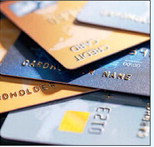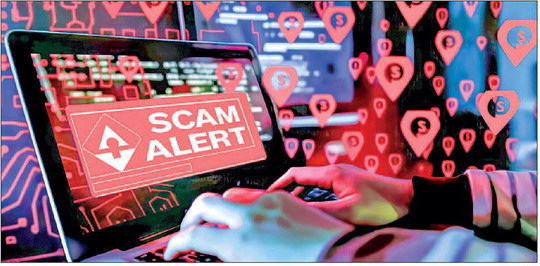CDC advises not backing down from protections
To maximize protection from the delta variant and prevent possibly spreading it to others, the Centers for Disease Control and Prevention (CDC) recommends that those who have yet to do so get vaccinated as soon as they can. And everyone, vaccinated or not, should wear a mask indoors in public if they are in an area of substantial or high transmission.
Though adults and many adolescents are able to get vaccinated, those younger than 12 and people with weakened immune systems or underlying medical conditions need the community’s help to protect them. People who have a condition or are taking medications that weaken their immune system may not be fully protected even if they are fully vaccinated. They should continue to take all precautions recommended for unvaccinated people, including wearing a well-fitted mask, until advised otherwise by their healthcare provider. The CDC cautions people to continue to be vigilant and do what they can to slow the spread of COVID-19.
Get Vaccinated. Authorized COVID-19 vaccines can help protect people from the more severe effects of the virus. Those who are fully vaccinated are at a substantially lower risk of death or long-term complications.
Wear a Mask. Those who are fully vaccinated do not generally need to wear a mask in outdoor settings where social distancing is maintainable. In areas with high numbers of COVID-19 cases, the fully vaccinated should consider wearing a mask in crowded outdoor settings and for activities with close contact with others who are not fully vaccinated. They should also wear a mask indoors in public if they are in an area of substantial or high transmission.
Those who are not fully vaccinated should wear a mask in outdoor and indoor public places.
Regardless of vaccination status, wearing a mask over one’s nose and mouth is required on planes, buses, trains and other forms of public transportation traveling into, within, or out of the United States and while indoors at U.S. transportation hubs such as airports and stations.
Stay 6 Feet Away from Others.
Keeping distance from others is especially important for people who are at higher risk of getting very sick. For people who are in unavoidable contact with someone who is sick, it is important that they maintain 6 feet (about 2 arm lengths) between the person who is sick and other household members, including themselves. They should keep the same distance from anyone outside their household, as well.
Avoid Crowds and Poorly Ventilated Spaces. People should be aware that being in crowds such as in restaurants, bars, fitness centers or movie theaters puts them at a higher risk for contracting COVID-19. They should also avoid indoor spaces that do not offer fresh air from the outdoors as much as possible.
WashHandsOften. It’simportant for everyone to wash their hands often with soap and water for at least 20 seconds, especially after they have been in a public place; after blowing their nose, coughing or sneezing, before eating or preparing food; after using the restroom; and after caring for someone who is sick. If soap and water are not readily available, it’s recommended that people use a hand sanitizer that contains at least 60 percent alcohol.
Cover Coughs and Sneezes.
Anyonewearingamaskcan cough or sneeze into the mask, but they should then put on a new, clean mask as soon as possible and wash their hands. If they are not wearing a mask, they should cover their mouth and nose with a tissue or use the inside of their elbow and do not spit. Immediately after, used tissues should be disposed of and hands should be washed.
Clean and Disinfect. Highly touched surfaces such as tables, doorknobs, light switches, countertops, handles, toilets and faucets should be cleaned daily. If someone is sick or has tested positive for COVID-19, use a household disinfectant product from the EPA’s List N: Disinfectants for Coronavirus (COVID-19) according to the manufacturer’s labeled directions.
Monitor Health Daily. Be alert for symptoms. Watch for fever, cough, shortness of breath or other symptoms of COVID19. If symptoms develop, people should contact their healthcare provider and follow all guidance to protect others.



